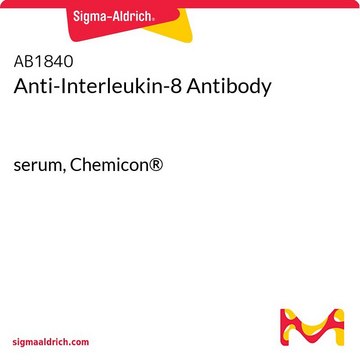23-0130
1-Octanol
SAJ first grade, ≥75.0%
Synonym(s):
Alcohol C8, Capryl alcohol, Octyl alcohol
About This Item
Recommended Products
grade
SAJ first grade
vapor density
4.5 (vs air)
vapor pressure
0.14 mmHg ( 25 °C)
Assay
≥75.0%
form
liquid
autoignition temp.
523 °F
expl. lim.
8 % (lit.)
availability
available only in Japan
technique(s)
HPLC: suitable
refractive index
n20/D 1.429 (lit.)
bp
196 °C (lit.)
mp
−15 °C (lit.)
density
0.827 g/mL at 25 °C (lit.)
SMILES string
CCCCCCCCO
InChI
1S/C8H18O/c1-2-3-4-5-6-7-8-9/h9H,2-8H2,1H3
InChI key
KBPLFHHGFOOTCA-UHFFFAOYSA-N
Looking for similar products? Visit Product Comparison Guide
Related Categories
Biochem/physiol Actions
Signal Word
Warning
Hazard Statements
Precautionary Statements
Hazard Classifications
Aquatic Chronic 3 - Eye Irrit. 2
Storage Class Code
10 - Combustible liquids
WGK
WGK 1
Flash Point(F)
177.8 °F
Flash Point(C)
81 °C
Regulatory Listings
Regulatory Listings are mainly provided for chemical products. Only limited information can be provided here for non-chemical products. No entry means none of the components are listed. It is the user’s obligation to ensure the safe and legal use of the product.
PRTR
Class I Designated Chemical Substances
FSL
Group 4: Flammable liquids
Type 3 petroleums
Hazardous rank III
Water insoluble liquid
ISHL Indicated Name
Substances Subject to be Indicated Names
ISHL Notified Names
Substances Subject to be Notified Names
JAN Code
23-0130-5-500ML-J:
Choose from one of the most recent versions:
Already Own This Product?
Find documentation for the products that you have recently purchased in the Document Library.
Our team of scientists has experience in all areas of research including Life Science, Material Science, Chemical Synthesis, Chromatography, Analytical and many others.
Contact Technical Service






